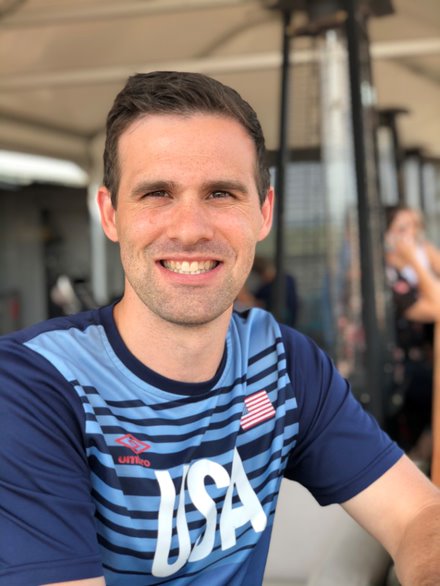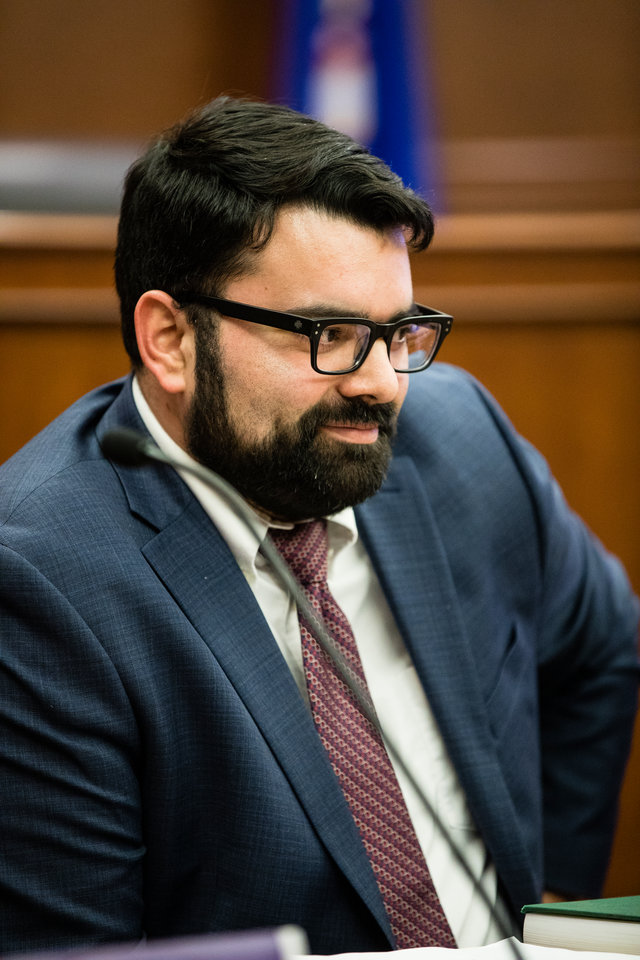The wonders of chemistry have always been a compelling proof of God’s goodness and glory to Matt Slattery.
“In the pharmaceutical world,” he says, “a state of beauty and order is paramount for ensuring that elegant equations translate to high-quality, safe and effective medicines that cure people of disease. Where I work, we often use the term ‘pharmaceutical elegance’ as an attribute of systems, processes and facilities that are in a state of control. Highly experienced drug auditors can pick out massive, system-level problems from simple visual cues – something that looks ugly or out of place. To me, it is very clear that science and the ordering of nature is intimately linked to God’s goodness.”
Slattery, who incidentally met his future wife, also a chemistry and Catholic studies double major, in their Search for Happiness course, notes that “I am fortunate to work in an industry where it is very easy to see great contributions to the common good of society.” In his current role, Slattery works in regulatory affairs at a pharmaceutical company that produces millions of medical drugs and devices each year. “We continue to work on new, revolutionary medical products that I am very passionate about. Millions of patients use our products every year and are cured of difficult diseases and medical conditions.”
On the other hand, “Over 400 million people throughout the world have no access to basic and essential medication,” Slattery says. “The industry as a whole is very inefficient and wasteful. For every one drug product approved, there are nearly 10,000 failed candidates and $2.6 billion spent. ‘Big pharma’ corporate greed and occasional poor regulation has caused death, life-altering addictions, massive environmental contamination, and it has neglected the needy simply because of challenging or unprofitable markets.”
Which is all the more reason that his commitment to serving the common good, all for the greater glory of God, is resolute. “In small and in large tasks, through serving others and leading change, I believe that I personally make a meaningful difference in my profession.” It’s something he attributes to his time at Catholic Studies.
“On my first night at St. Thomas,” he remembers, “I received a call from my roommate at around 9 p.m. asking how I was doing, what time I planned to be back that night, and he gave me a reminder that we had Mass and morning prayers at 6 a.m. the next day. … Now, many years later, this all feels like one consistent memory: I remember always being around people who cared for others. This memory is a great gift in my life.”





